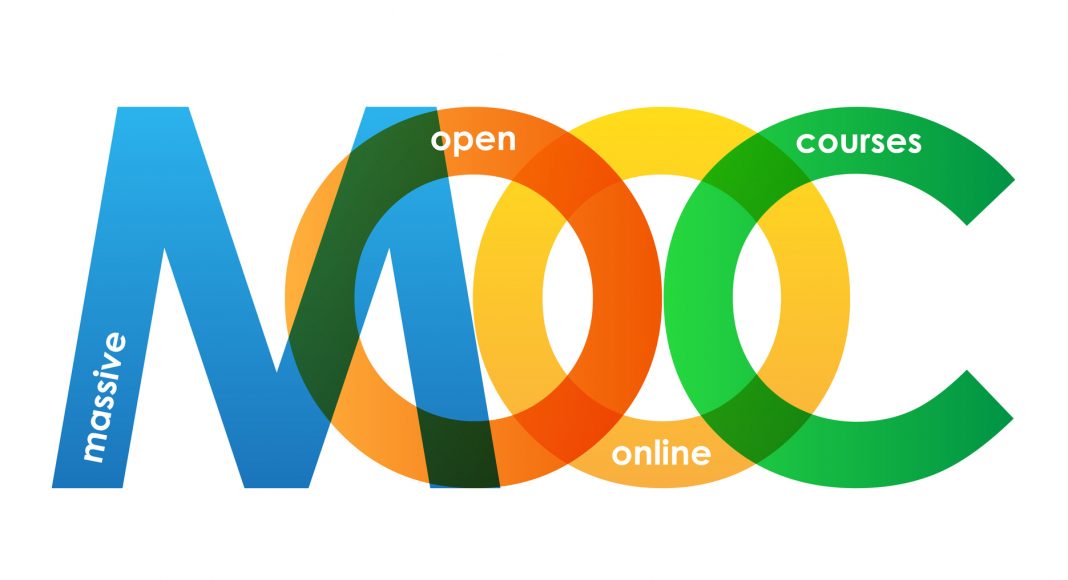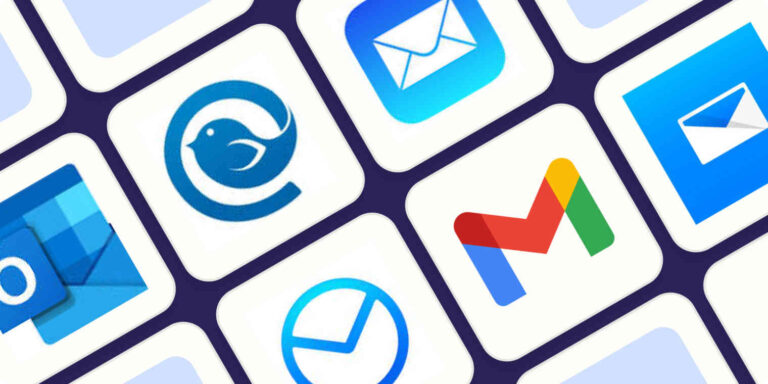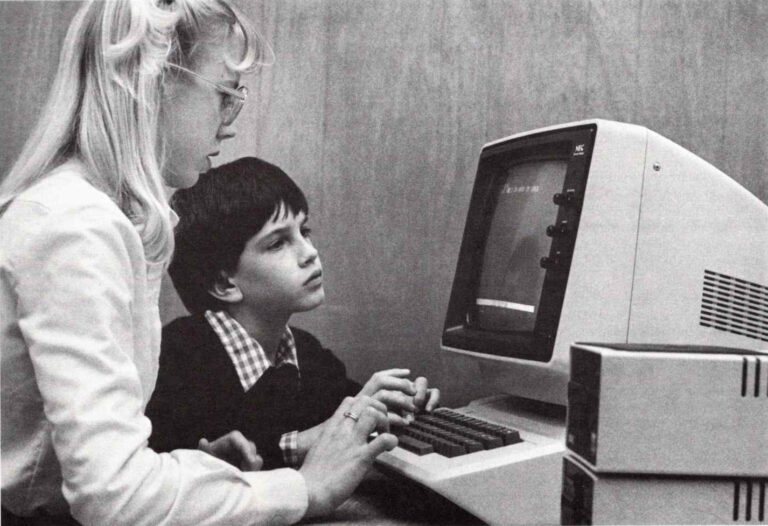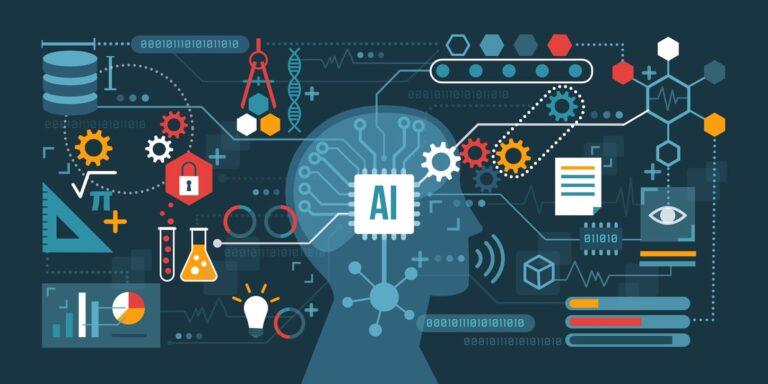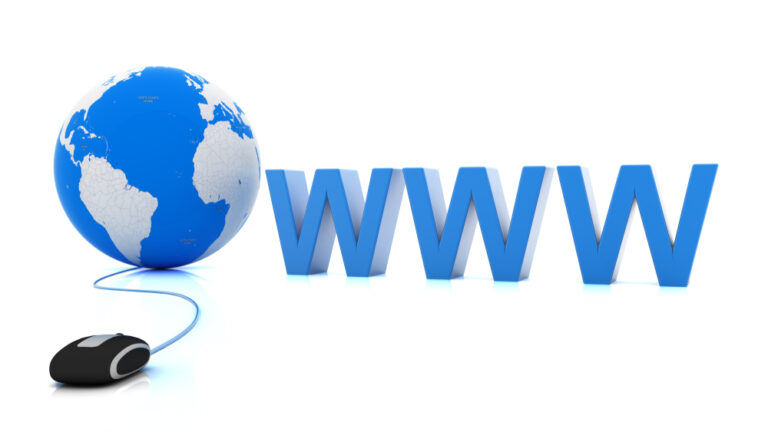The Role Of MOOCs In Early Online Education: Higher Education
The Role Of MOOCs In Early Online Education. In the contemporary world, online education has emerged as a vital aspect of education. Massive Open Online Courses, or MOOCs, are gaining popularity as a way to enhance one’s knowledge in certain disciplines or acquire new skills.
But how exactly do these courses fit into the world of early online education? In this article, I’ll discuss the part MOOCs have played in the evolution of contemporary online education in this essay.
What Is A MOOC?
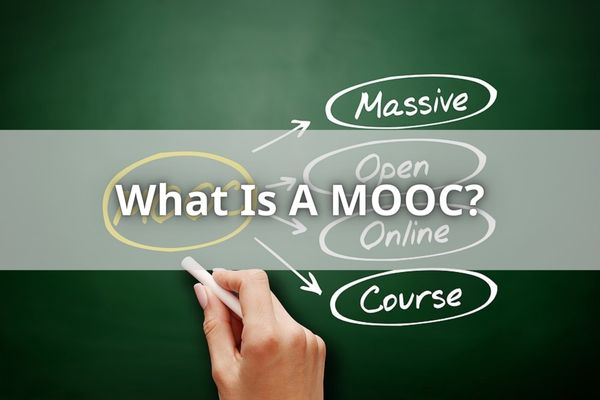
I’ve heard a lot about MOOCs, but what are they exactly?
A MOOC stands for Massive Open Online Course. Anyone who wants to take it can do so for free thanks to the online course that colleges and other organizations produced.
By providing students with access to top-notch educational resources created by authorities in their subjects, these courses have completely changed the way that people study in higher education.
They provide individuals a fantastic chance to learn new things and develop their abilities without actually enrolling in college or university programs.
MOOC courses offer much more than just lectures: there are often interactive quizzes, discussion forums, projects, assignments and tests built into each course as well.
Each one typically includes videos, readings, podcasts and articles that cover various topics related to the subject matter. With a wide range of topics available on different platforms such as Coursera and edX, students can find something suitable for their needs regardless of their level of expertise or background.
A MOOC course allows individuals with limited resources or time constraints to make use of the wealth of material found within it; providing them with the same opportunities that others may be able to pay large sums for at traditional colleges or universities.
This makes it possible for everyone to benefit from educational content no matter where they are located geographically or financially. With this kind of flexibility in mind, let’s explore some of the benefits offered by MOOCs when used for early online education purposes.
The Benefits Of MOOCs
After discussing what a MOOC is, let’s examine some of its advantages. Online courses have gained popularity recently, and for good reason—they provide a convenient method to study without making the time commitment required of traditional education, such as attending classes or doing homework.
A MOOC can be helpful in a variety of ways, including:
- It provides flexible learning alternatives, enabling students to advance at their own speed and finish assignments whenever it suits them.
- Students gain by having better access to high-quality materials and current knowledge that may not otherwise be available through conventional educational institutions.
- Because of its open source nature, anyone with Internet access can participate in these online courses regardless of geographical location which makes it easier for people who are unable or unwilling to attend physical classrooms.
- The cost associated with taking a MOOC is often free or significantly lower than that of traditional higher education institutions.
Learning outcomes tend to be better because users are more likely to stay engaged when they’re interested in the subject matter and motivated by personal objectives.
MOOCs provide individuals with the opportunity to pursue self-directed learning opportunities without needing prior MOOC experience or qualifications. With this freedom comes increased responsibility; students must be willing to put time and effort into their studies if they want to get the most out of any online course they take part in.
MOOCs For Self-Directed Learning
I’m sure many of us have heard of self-directed learning, but what exactly is it and how can MOOCs help?
Self-directed learning is a form of independent study in which students take responsibility for their own learning. It involves identifying one’s own learning needs; finding appropriate sources for satisfying those needs such as books, online materials, and other resources; and then engaging with the material to build understanding.
MOOCs are a great resource for helping learners become more self-regulated by providing access to vast amounts of relevant learning material, including lecture videos, readings, quizzes and assignments that facilitate self-guided exploration. In addition to enabling students to work through course content at their own pace, MOOCs also provide opportunities for meaningful interactions among peers from around the world.
Through forums, chat rooms or discussion boards built into the platform, participants can connect with each other while exploring topics related to the course material. This helps further engage learners in active discussions on various aspects of the subject matter they’re studying within an open educational resources.
MOOCs offer countless possibilities when it comes to self-directed learning activities. Learners have complete control over their progress: They choose what interests them most and decide how much time they spend on it without feeling pressured by deadlines or external expectations. As we look ahead towards technical education instruction facilitated via MOOCs platforms, let’s consider how this type of environment might be optimally structured so that all users will benefit from its advantages!
MOOCs For Technical Education
I’m sure by now, we all understand the potential of MOOCs for self-directed learning. It’s time to consider how they’ve contributed to the world of technical education.
MOOCs have revolutionized online education and given learners from around the globe access to distance learning opportunities that were previously unavailable. They can be employed as a means of learning useful information in disciplines connected to technology, such as software engineering or web MOOC development.
The following are some major advantages of adopting MOOCs for technical education:
- Accessibility: These courses may be started without any prior knowledge of coding or programming languages because everything is supplied for you. Plus, they are often free so everyone has a chance at gaining this knowledge.
- Variety: There is an abundance of different topics covered by various MOOC providers, meaning there will always be something that appeals to you personally.
- Quality Learning Experience: All content is created by experts in their field, ensuring a high quality education experience every single time.
- Flexibility: The great thing about MOOCs is that you can fit them into your own schedule without having to worry about taking up too much time out of your day.
From boosting our tech skillset through hands-on projects to building our confidence with new technologies, MOOCs bring lots of exciting possibilities when it comes to developing our digital capabilities in today’s ever-changing landscape.
Let’s look further into what options exist for professional development via MOOCs next.
MOOCs For Professional Development
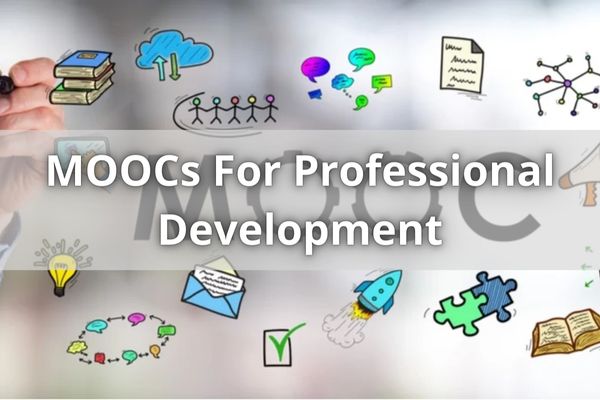
In my opinion, MOOCs have greatly benefited the field of online education, especially in terms of professional growth. With the growth of e-learning and remote learning, students may access a variety of possibilities from across the globe with only an internet connection.
People may broaden their skill sets in a variety of fields without having to leave their homes by taking free or inexpensive online courses. It has become easier for professionals who may be geographically isolated or unable to attend traditional classes due to time constraints, to get training in various fields such as business management or computer programming.
Professional credentials earned through MOOCs often provide employers with evidence of workers’ abilities and commitment; thus giving them a competitive edge in today’s job market. Furthermore, this type of online education enables learners to set goals at their own pace and work towards obtaining them within reasonable amounts of time while still holding down a full-time job.
MOOCs represent an important advancement which allows many individuals access high quality educational resources they otherwise would not have had access too. Moving forward into international markets is the natural progression for these types of programs as it will open up even more possibilities for those seeking further qualifications or experience abroad.
As we now explore MOOCs for international students, it’s clear that this form of online education could revolutionize how we think about higher education worldwide by providing equitable access regardless of location.
MOOCs For International Students
Are you a foreign student wishing to pursue an online education degree? If so, MOOCs might be the perfect option for you! Students from all around the world are welcome to enroll in a Massive Open Online Course (MOOC), a sort of open online course. As a result, it offers excellent chances for overseas students who are curious about learning more about online education.
We will talk about how MOOCs might help foreign students in this part.
First off, MOOCs are perfect for those with limited resources and busy schedules since they are frequently free or inexpensive and offer flexible start times. By having access to these courses, international students can learn at their own pace without worrying about expensive tuition fees or missing classes because of time zone differences.
Additionally, they give students access to interactive materials and fun activities that facilitate the rapid and efficient acquisition of new abilities.
Last but not least, as one might anticipate, there are many resources accessible on MOOC platforms that enable users to examine many themes relevant to online education. This includes tutorials on various software applications as well as lectures by experts in the field. With guidance from experienced professionals, international students can improve their understanding of certain concepts and develop greater confidence when it comes to taking exams or completing assignments.
Having looked into how MOOCs can benefit international students let’s now turn our attention towards exploring the pros and cons associated with these open online courses.
Pros And Cons Of MOOCs In Online Course
Having discussed the advantages of MOOCs for international students, it is important to weigh their pros and cons. While there are many benefits associated with MOOCs, they also come with certain drawbacks that must be considered before enrolling in one.
The primary advantage of a MOOC lies in its affordability and accessibility as compared to traditional universities. By taking classes online, students can save money on tuition fees while still achieving their learning goals. Additionally, MOOCs provide flexibility since courses can be taken at any time and from anywhere without having to travel or take off work. Furthermore, these courses tend to have more diverse student populations than those found in traditional classrooms which allows for greater exchange of ideas between different cultures.
The value of MOOCs degree earned through an online course, however, may not be as great as a degree earned by enrolling in a traditional university, according to some. Furthermore, because a MOOC environment lacks a formal academic framework, self-discipline is necessary for finishing tasks; this may be challenging for certain students who want additional support or supervision during the semester.
Lastly, although most instructors offer MOOCs as support services such as forums and email responses, face-to-face interaction with professors cannot always be guaranteed when studying online.
To sum up, while there are clear benefits associated with using MOOCs in early education – chiefly its cost effectiveness of MOOCs and convenience – it is important to evaluate if these courses fit your individual needs prior to enrollment so you are able to maximize your educational experience.
Moving forward, let’s explore how MOOCs have impacted contemporary education systems around the world.
The Impact Of MOOCs On Education
I have personally witnessed how MOOCs are transforming learning and teaching. Online education is becoming more and more accessible to individuals of all ages and backgrounds as more colleges use this technology. For many years to come, I think MOOCs will continue to be a significant part of higher education.
According to studies on education, MOOCs may be a very successful tool for teaching students new skills or deepening their grasp of already-covered material. In my personal experience as a student, participating in MOOCs has allowed me to get insightful knowledge about a variety of areas that would otherwise have been out of my reach owing to cost or geographical restrictions.
The potential advantages of MOOCs go well beyond only giving students access to education materials; they also give them the chance to interact with other people who share their interests in the same subjects from all over the world. By creating these networks of knowledge sharing and collaboration, MOOCs make it possible for everyone – regardless of background or geography – to benefit from global advances in teaching and learning practices.
With this in mind, let’s move on and take a closer look at what MOOCs mean for the future of online education.
MOOCs And The Future Of Online Learning
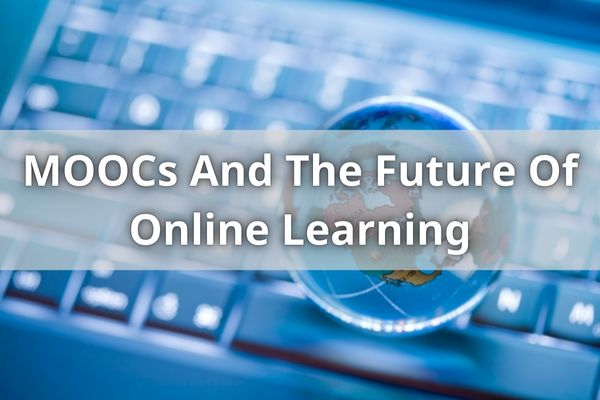
It is obvious that MOOCs have had a significant influence on education. The potential of MOOCs to transform higher education and other educational institutions is becoming more and more clear as online learning gains in popularity.
Many colleges are increasingly providing their own MOOCs in addition to those offered through websites like Coursera since many students prefer the freedom offered by taking courses online. Educators can also make use of these platforms to provide course content and engage with learners remotely.
MOOCs offer enormous opportunities for teaching and learning across all levels of education. They allow instructors to create engaging experiences that extend beyond online vs. traditional education comparison, enabling them to reach broader audiences from anywhere in the world at any time.
Learners benefit too; they gain access to quality content, support systems, and various assessment tools which facilitate self-paced learning and active engagement with online course material.
As such, it is undeniable that MOOCs have already changed how we view growth of for-profit online education – but what does the future hold? With new technologies emerging every day, there are numerous possibilities available for educators looking to use MOOCs to enhance teaching and learning within their institutions or across multiple organizations. Exploring these options will be crucial if we want to maximize the potential value of this powerful tool in the years ahead.
Using MOOCs To Enhance Teaching And Learning
The progress we’ve made in ensuring greater accessibility to education is astounding. Massive Open Online Courses, or MOOCs, have given students all over the world access to educational resources that were previously only available at institutions.
For people without access to higher education, this is a fantastic opportunity to further their careers and open new avenues.
MOOCs offer a wide range of topics from university-level courses, which allows teachers and learners alike to benefit from open course material and resources. Not only has this been an effective way for educators to provide teaching strategies, but it also encourages collaboration between different students around the globe.
The number of students engaging with these courses continues to rise as they recognize the value behind taking part in these learning opportunities.
Aside from being able to learn valuable lessons from professionals, MOOCs allow people of any age or background to gain knowledge on any subject matter without having formal qualifications. The technology provides users with unprecedented access to quality content regardless of their geographic location or financial situation – something that seemed impossible just a few years ago!
Moving forward into our next section about leveraging MOOCs to address challenges MOOCs in education, let’s take some time explore what possibilities exist today.
Leveraging MOOCs To Address Challenges In Higher Education
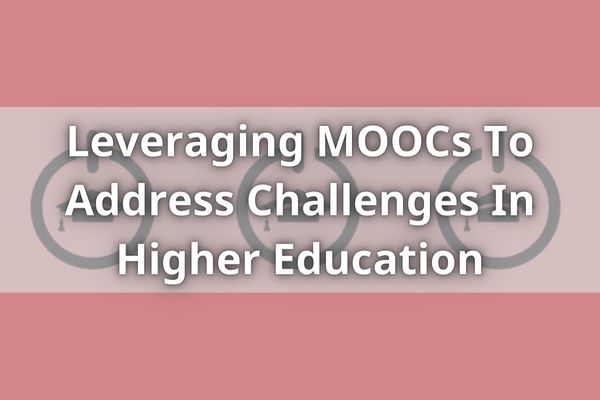
It’s an exciting time for educators and students as the potential of online education is becoming more apparent. MOOCs, or massive open online courses, are playing a major role in this growth by providing access to learning materials like never before. With MOOCs driving innovation in education, let’s explore how they can help address challenges related to online education and blended learning.
The advantages of using MOOCs for early online education are clear: cost savings from eliminating physical classrooms, flexibility with asynchronous content delivery that allows learners to progress at their own pace, and ubiquity – anyone can join regardless of location or prior qualifications.
In addition, educational institutions have been leveraging learning analytics derived from MOOCs to inform teaching practices and decision-making about curriculum design.
Overall, it looks like MOOCs will be an important part of our educational future as these tools continue to evolve and become even more accessible in terms of both technology and affordability. As we move forward into this new era of education, let’s capitalize on the opportunities provided by MOOCs to make sure everyone has access to quality learning experiences no matter where they live.
Conclusion: The Role Of MOOCs In Early Online Education
In general, MOOCs provide a practical and economical option to get a good education. Anyone with internet connection may access them, regardless of where they live or their financial position. They also provide you the flexibility to learn at your own pace and may be finished at any time. Furthermore, the significant impact of MOOCs is evident in their contribution to the first-ever online degree program launch.
With more employers recognizing the value of MOOC certificates, taking one is becoming increasingly worthwhile. While MOOCs may not replace traditional classroom learning entirely, I believe that they are paving the way for improved online education in the future.

